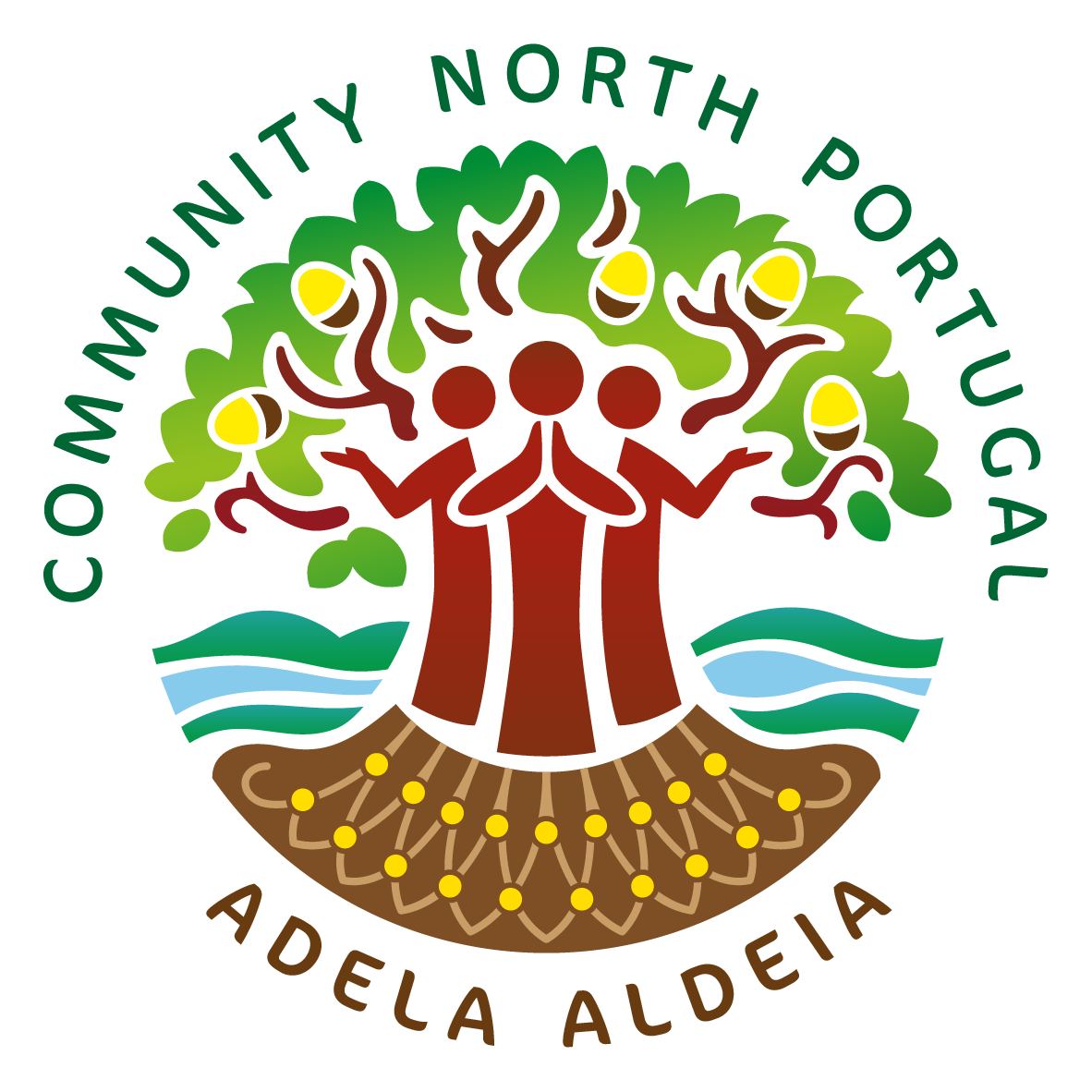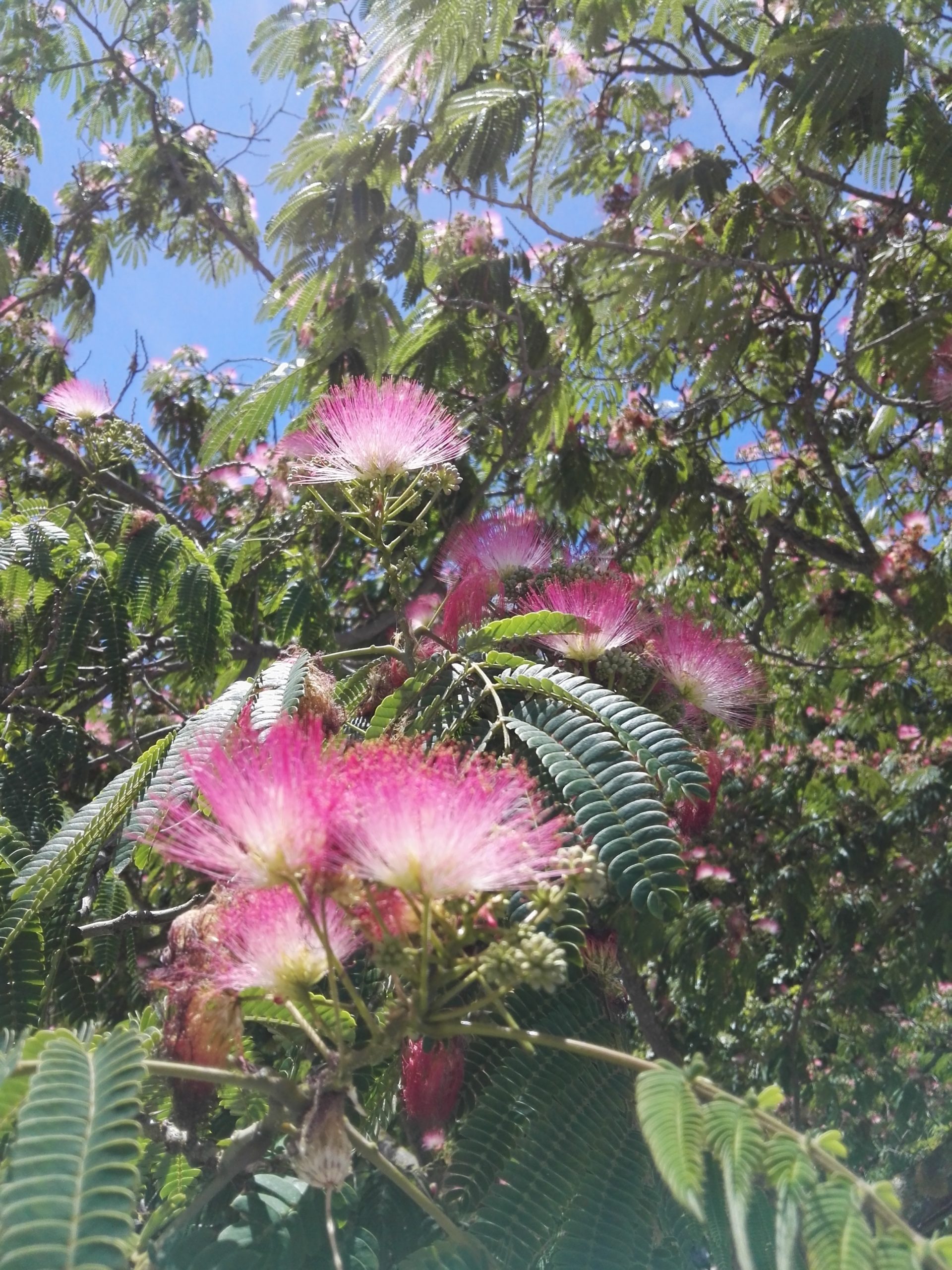Here is a reference to and a few excerpts from an episode of the series of readings from the Oera Linda manuscripts, which I will refer to later:
That there is still something like this alive in people today, despite the technocratic phases preaching male supremacy, is probably due to the fact that the ancestors kept living it.
Among the Ingaewons (only laws (evva)), the primordial Frisians who lived between Denmark and Scotland, England, Germany, parts of Switzerland and in the Netherlands, everything was subordinate to a mother of honour, to whom castle women, ladies of the castle, were subordinate. And margraves, the men of rank, as far as I understand it, had a position between those and castle maidens, other tasks.
„… it is written, the mother ( folk-mother) and every castle-woman ( burch famna) (at the time of Adela there were only thirteen, of whom eight would have been gladly elected new honorary mother, Tüntja, the castle-woman at Medeasblik castle, who is called by Adela as full of wisdom and clear-seeing (klar-syan) and probably as strongly attuned to her people as their customs as all the others together, is recommended by Adela) shall have outside helpers and messengers, twenty-one maidens and seven apprentice maidens. Could I do anything to this, I would write, and as many instructive daughters to learn as there may be in the castles.
For I say it in faithfulness, and (the) time will confirm/prove it: Inasmuch as you wish to remain true frya’s children, never to be won neither by wiles nor by arms, you shall (see to it that) your daughters, become true free women/wives (frya vviver).
(The) children must be taught how great our country once was, what great people our ancestors were, how great we still are when we compare our part with others. You have to tell them about the heroes/fighters (vvicharda), about the brave (vvichandlika) deeds; also about far/far (fära) sea voyages (see-tochta).
All these tales have to be done at the hearth, at home and wherever else it may be. Both with joy and with tears.
But if it is to come steadfastly into minds and hearts, then all teachings must flow in through the lips (vvera) of your (jvvvera) wives (vviva) and daughters (toghatera). (ther-in strama).“
Adela’s advice was followed. We have the chronology of their times.
Why does Adela say this in this way?
Is it perhaps because the knowledge of the time about the power of words – located at the vocal cords and the laryngeal chakra – and the power of the vibration endowed with will – sankalpa – is behind it?
In the Vedas, Shivasurya et al, it is called Vaakh or Vaak (word) Shakti.
(https://www.slideshare.net/debkumar_lahiri/vaak-thegoddessofwordsearlierversionrevisedslightlywithcertaincorrections:
„The God’s words are this formed universe. The radiating words are the fragments of the immutable soul fragmented by ‚vaak‘, the Shakti. Shakti is that aspect of consciousness by which consciousness splits andintegrates, by which the changes are made. That’s why Shakti is known as ‚vaak‘ (word), time (‚kaala‘), life force (‚praaNa‘).In the Smarragd tablets it is called creating with the vocal cords.“)
In Buddhism, one of the four noble truths is right speech.
And shall I tell you something, in Portuguese speech means network, as in a network/lines of public transport).
Here the Portuguese word Rede is something networked, braided, in the old German word Reederei …

